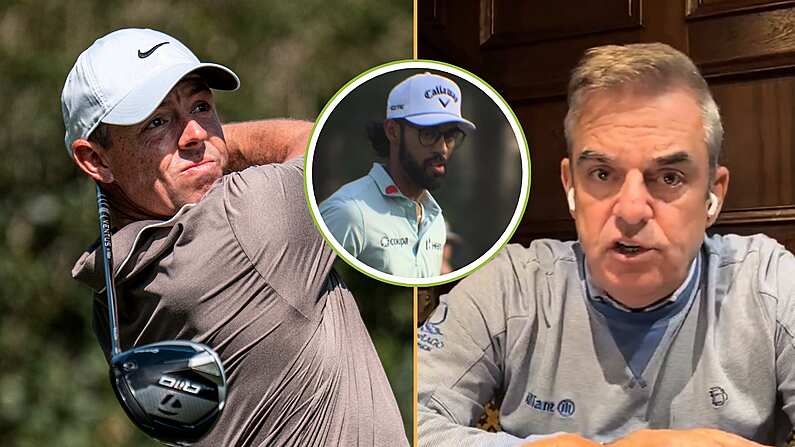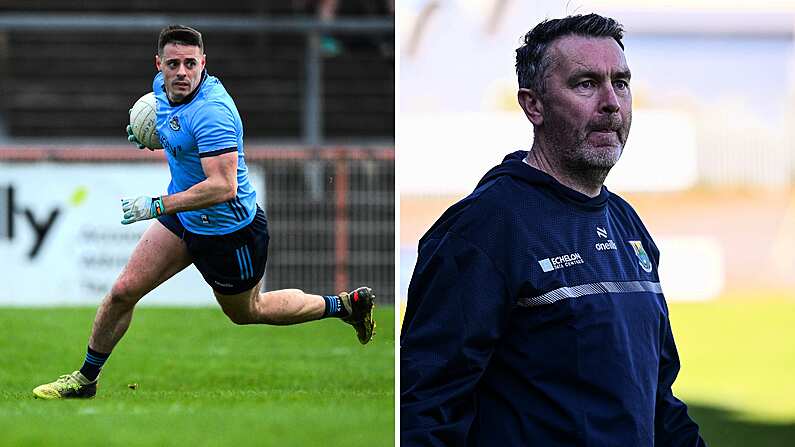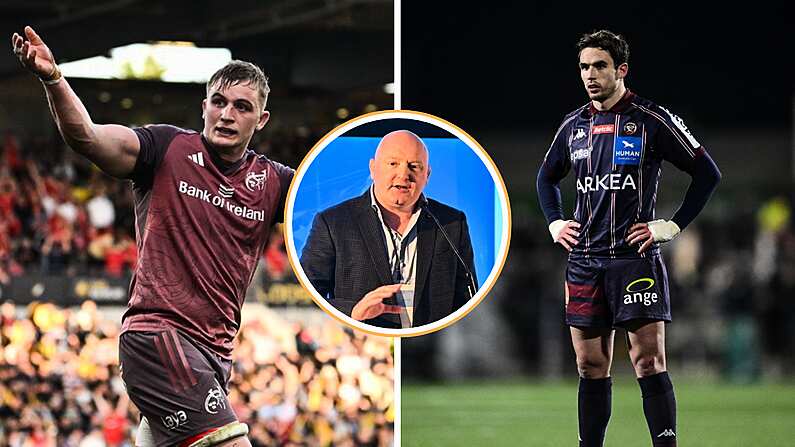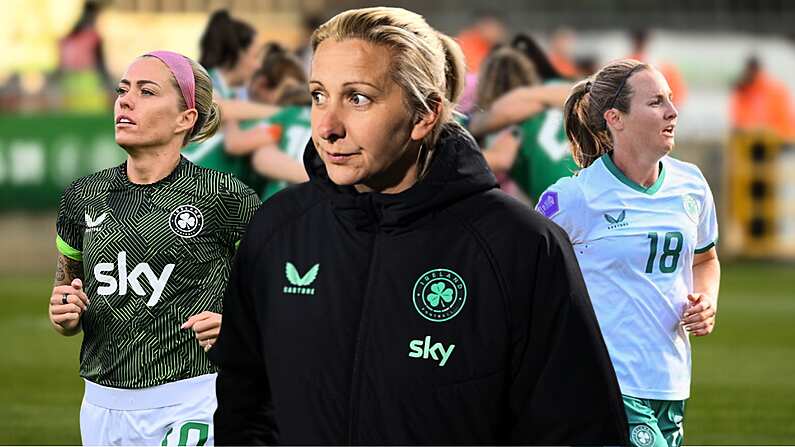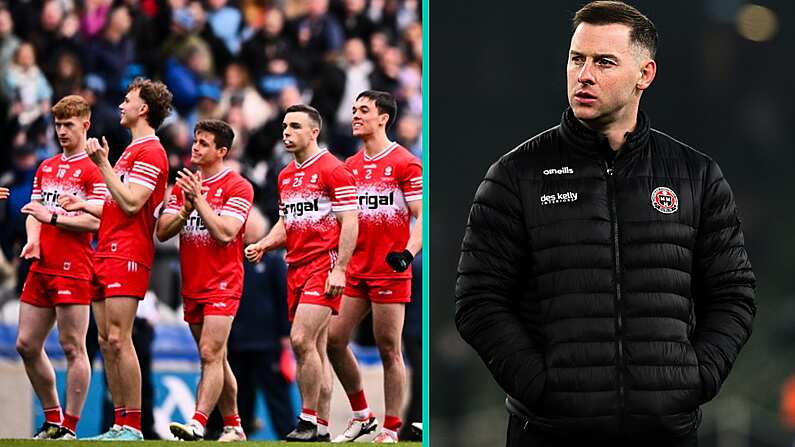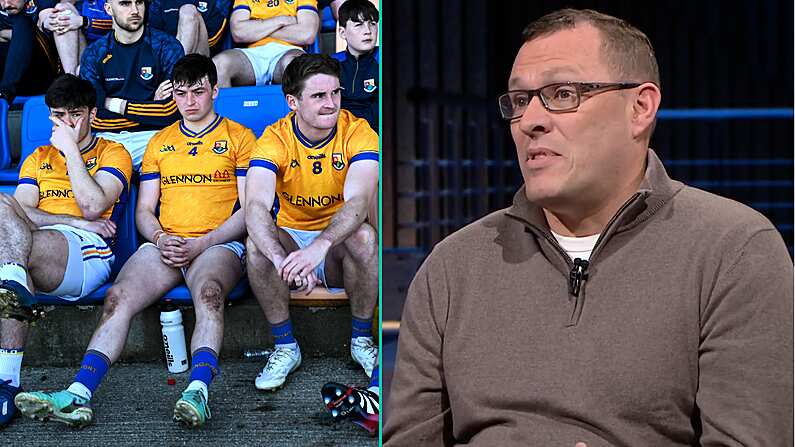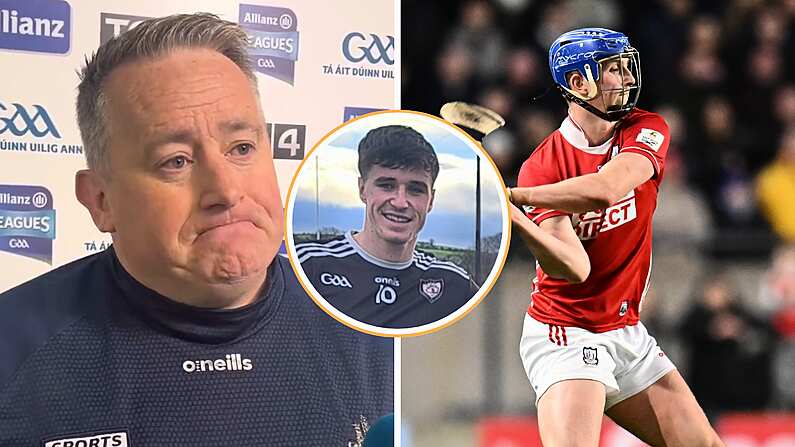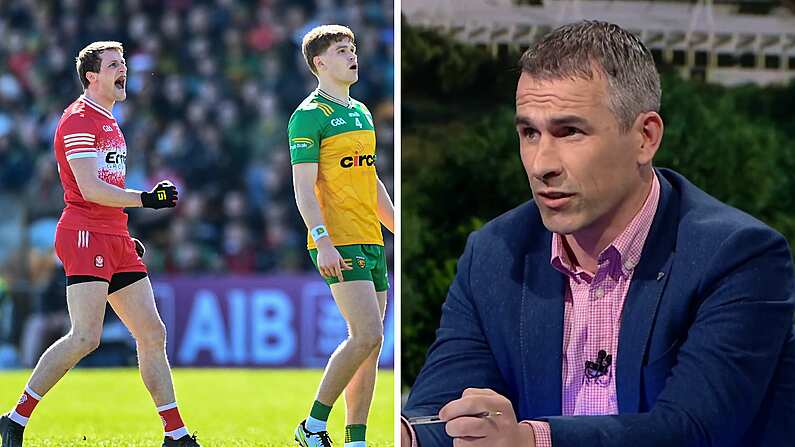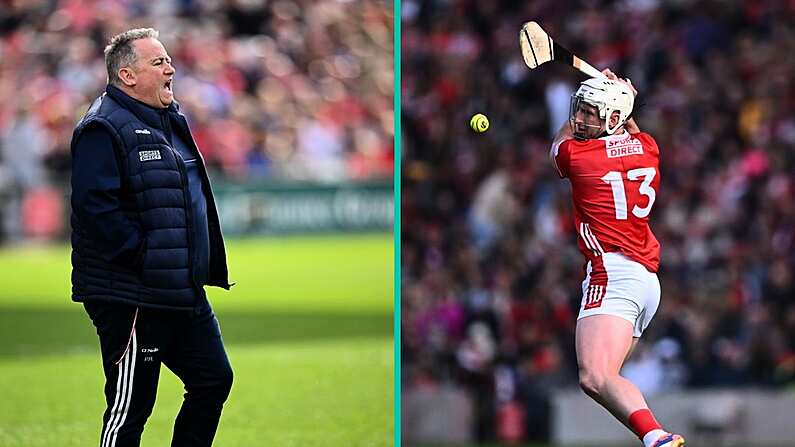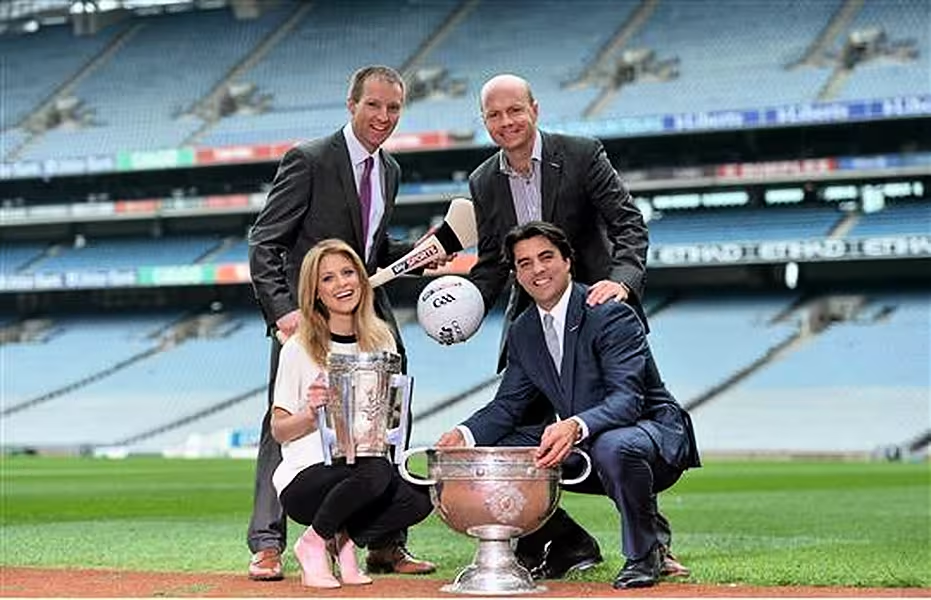
This Saturday evening, Sky will broadcast their first live GAA match from Nowlan Park, Kilkenny as the Cats host Offaly in the Leinster hurling quarter final. While the majority of those tuning in will be well-versed in all things GAA, there will of course be a large contingent of British-based viewers who will not have seen more than a couple of seconds of action before, most probably thanks to Jim White and his wonderful pronunciation.
The chances are they'll be won over by the toughness, skill and honesty of the participants, the lack of forced glitz and the sheer novelty of the experience. There will, however, be plenty of things that will be utterly unfamiliar to sports fans more accustomed to soccer, rugby, cricket or whatever. And yes, I fully get that the following can apply to the GAA-indifferent around here, too.
Let us know what I've missed, as always.
The Pre-match parade

Those reared on a diet of Premier League or even Premiership rugby won't know what's going on at all here. For them, pipe bands are for Hampden or Murrayfield and socks are kept up throughout the whole match, not just for the formalities. The closest thing to this that any of them will have seen was the walk from the tunnel behind one of the goals at the old Wembley to the halfway line on Cup Final day, but that didn't require marching a lap of the pitch behind the band of the Grenadier Guards.
At least the only pre-match handshakes will be between those marking each other.
Officials running everywhere

Novice GAA viewers with a knowledge of Aussie Rules won't be thrown by this, but others may find it odd to see lads in hi-vis buzzing around the field during breaks in play. Those wearing bibs clearly spelling out their role may draw either bafflement or outright hilarity - I'm from Dublin and I crack up every time I see some poor sod, the only actual professional on the field, wearing a bib that says 'DOCHTÚIR' or 'CHARTERED PHYSIOTHERAPIST' across the back. Jaysus it's a good thing they wear those, otherwise there could be a spate of player-molesting pitch invaders at every injury stoppage. And spare a thought too for the unfortunate maor uisce or maor camán, whose roles are so obvious that their bibs look like the dunces' caps of the GAA.
The one exception to this in the traditional Sky canon is the bib-wearing kicking tee and water bottle carrier who is now the norm in rugby, usually because he's the kicking coach and/or has some message to pass on from the stands.
Managers not wearing suits

Speaking of key figures wearing patronising attire, would Arsène Wenger or Manuel Pellegrini look as urbane and charismatic if they were forced to don ill-fitting club polo shirts with 'MANAGER' across the gut? Would Alex Ferguson have carried the same air of intimidation had he done all his watch-pointing while sporting a battered Aon baseball cap, with his tracksuit bottoms tucked into his socks? Probably, I guess, he'd basically have looked like an older Tony Pulis. Look, it won't be the fact that managers aren't suited that will be weird, it's the fact that none of them will be, and pretty much all of them will wear a top with an incomprehensible inscription across the front.
Gaeilge all over the gaff

On the subject of unfamiliar words in plain sight, foreign fans will soon understand that another language takes perhaps an unexpected prominence in the game. They'll be fine.
70-yard corners

Or 50-yard ones. This will make sense to all very quickly, but the immediate scoring opportunity that 45s and 65s present has the potential to cause some early head-scratching.
Certain terminology

'Parallelogram' – as well as these other 22 phrases – is a maddeningly unnecessary word, though I guess it's a square just as much as it's a box. As is the idea that the lad in the number 1 jersey plays in 'goals'. He does not. Even if one insists on calling it the 'goals' because you can score over and under the bar, the keeper is responsible for defending just one of them. It's 'goal' for Christ's sake.
The scoring system will make sense in no time at all, but the black card might take longer to get used to - but that's the same for plenty of people here, too.
For those across the water cuts, drives and pulls are what Ian Bell does on a good day, but the the meaning of those terms will make sense pretty quickly.
The sideline cut

When the awe factor has subsided, the first-time viewer may not have been expecting a direct scoring opportunity from a ball in touch, not to mention one taken in a completely different and difficult-looking manner to every other shot in the game.
Goalkeepers taking frees

Chilavert, Rogério, Hans-Jörg Butt, they're all familiar to football fans as goalkeepers who were also set-piece specialists, but the regularity of this tactic in GAA may come as a surprise, as will the relative lack of risk that it involves.
Players not really celebrating goals

This one could become a popular trope among fans in Britain, as they race to the pub to tell their mates about this new game that Sky are showing now. The lack of diving and general softness will likely be highlighted as nauseam by the commentators and panellists, but they might make less reference to the fact that a successfully-finished 25-pass move will elicit little more than a fist pump from the scorer.
Players celebrating getting fouled

Or after winning the ball and clearing it upfield. It's a bit like NFL players celebrating a skull-rattling hit, minus the arse-slapping. Usually.
Fans not (really) singing

Fans at Championship games are a bit like those at a World Cup match between two scantily-supported teams. With some obvious exceptions such as Hill 16, the lack of supporter segregation can mean that songs and chants are often less concentrated than at soccer or rugby matches. This can give the impression that the atmosphere isn't as good as it appears on TV, which is not the case of course, but it will be noticed by plenty of first-timers.




